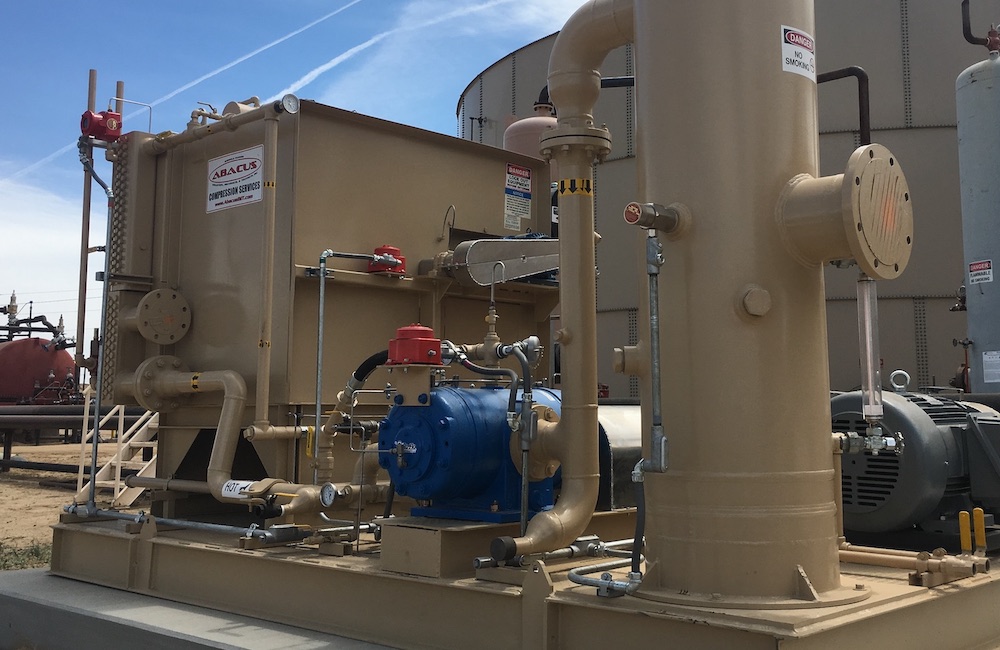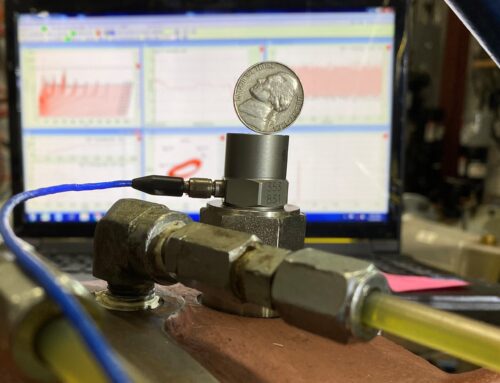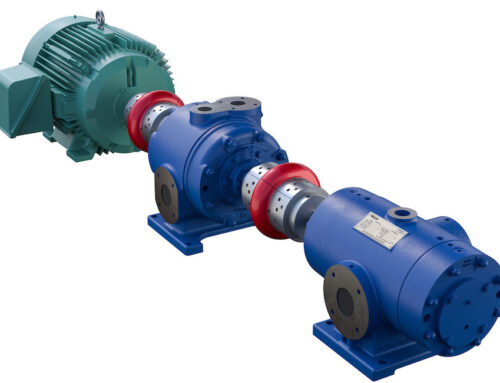Sour gas is any gas containing significant amounts, typically above 20ppm, of hydrogen sulfide (H2S). H2S is a colorless gas that is heavier than air and harmful to humans at concentrations of 20 ppm in air. At concentrations of 800 ppm death results in 30 minutes due to destruction of lung tissues. At low concentrations (1 to 20 ppm), it has a strong, rotten egg odor. Hydrogen sulfide also causes sulfide stress cracking in steels, which can lead to premature failure of machinery. Use of proper materials within the gas compressor is necessary to ensure safe operation.
The Challenges of Managing Toxic Gas Streams
The Oil and Gas industry (Petroleum Processing) must manage hydrogen sulfide on a regular basis. This presents unique challenges.
- Risk of H2S poisoning. Oilfield workers and those in the oil and gas service industry are at a higher risk of hydrogen sulfide poisoning. Proper management of sour gas is crucial. H2S poisoning can cause fatigue, headache, dizziness, nausea, nose and eye irritation, and loss of consciousness. In extreme cases of high exposure it can be fatal. Preventing H2S poisoning can be done with the right equipment and safety precautions in place. Sliding vane compressors are used by oil companies to manage H2S as well as other potentially harmful gases.
- Damage to equipment. Another challenge in the management of toxic gas streams is the highly corrosive properties of hydrogen sulfide. The compressors responsible for managing sour gas bear the brunt of the harsh chemical makeup of H2S. Compressors must be designed and manufactured to be robust in order to withstand the constant corrosive conditions in the oil and gas industry.
Ro-Flo Sliding Vane Compressors
Ro-Flo Compressors have been designed for use in the most severe gas conditions, including those containing hydrogen sulfide. The standard design of the compressor provides:
- Heads and cylinders made of materials that comply with NACE MR-1075, and therefore are less susceptible to sulfide stress cracking.
- Once through oil lubrication to prevent accumulation of hydrogen sulfide. Oil flooded screw and liquid ring designs are susceptible to this accumulation.
- Easy maintenance that can be performed on site, in most cases during a single shift.
Gas compressors that continuously come in contact with sour gases must be robust in design and have material makeup to withstand the harsh conditions. Ro-Flo sliding vane compressors are built to last in these types of environments.
Routine Compressor Maintenance is Crucial for Proper Operation
A rotary vane compressor can only properly manage sour gases when in good working order. Properly scheduled routine maintenance will sustain the compressors reliability and help prevent failure.
It is best to follow the manufacturer’s suggested maintenance schedule for gas compressors. Maintenance, in most cases, can be performed on site by experienced mechanics.




